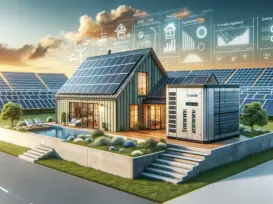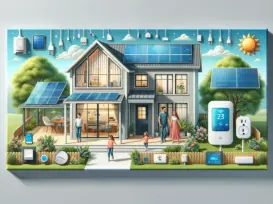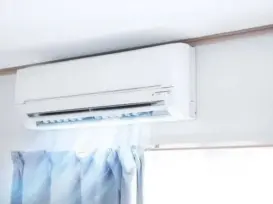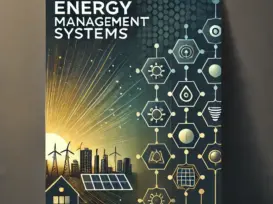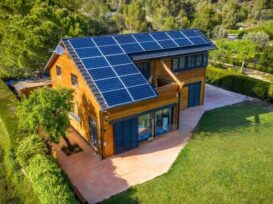Grus Home Energy - Energy Efficiency Home
Maximize Comfort and Savings: Strategies for Enhancing Energy Efficiency in Home
Maximize Comfort and Savings: Strategies for Enhancing Home Energy Efficiency
With the increasing cost of energy and the impact of our carbon footprint on the environment, homeowners are more conscientious about the energy efficiency of their living spaces than ever before. Improving your home’s energy efficiency is not only beneficial for the environment but can also lead to significant financial savings and enhanced home comfort. Here are several strategies to enhance the energy efficiency of your home:
1. Insulation and Sealing: One of the most effective ways to improve your home’s energy efficiency is to ensure it is properly insulated. Good insulation keeps your home warm during the winter and cool in the summer, reducing the need for excessive heating or air conditioning. Check your attic, walls, floors, and basements for adequate insulation. Along with insulation, make sure to seal any cracks or gaps around doors, windows, and other openings with caulk or weather-stripping to prevent air leaks.
2. Energy-Efficient Appliances: Investing in energy-efficient appliances can lead to significant savings in the long run. Look for products with the ENERGY STAR label, which signifies that the appliance meets energy efficiency guidelines set by the U.S. Environmental Protection Agency. This includes refrigerators, ovens, washers, dryers, and even electronics.
3. Utilize Smart Thermostats: Smart thermostats can learn your heating and cooling preferences and adjust the temperature automatically to optimize energy usage. They can also be controlled remotely, allowing you to change the settings when you’re away from home to avoid unnecessary energy consumption.
4. Upgrade Lighting: Replace incandescent bulbs with LED or CFL bulbs, which use much less energy and last longer. Consider installing dimmer switches or timers to further reduce energy waste in areas where full lighting is not always necessary.
5. Water Conservation: Minimizing water usage can also contribute to home energy efficiency. Water heaters are one of the biggest energy consumers in the home. By installing low-flow showerheads and faucets, you can reduce water usage and the energy required to heat it. Additionally, fixing any leaks promptly will prevent wasted water and energy.
6. Consider Renewable Energy Sources: If possible, consider investing in renewable energy sources like solar panels or a residential wind turbine. Although the initial cost can be high, the long-term savings and environmental benefits can be substantial.
7. Regular Maintenance: Keeping your HVAC system and other home appliances in good working order through regular maintenance is essential for energy efficiency. Clean or replace filters, have your system serviced annually, and ensure that vents are not obstructed to maintain optimal performance and efficiency.
8. Mindful Usage: Simple behavioral changes can make a big difference in your home’s energy consumption. Turn off lights when they’re not in use, unplug chargers and devices that are not being used, and be mindful of the temperature setting on your thermostat.
By implementing these strategies, homeowners can enhance the energy efficiency of their homes, leading to lower energy bills, increased comfort, and a reduced environmental impact. Remember, the path to energy efficiency doesn’t require drastic measures; even small changes can lead to substantial results over time.
Blog, Energy Savings & Cost Reduction , June 24, 2024 , Energy Efficiency Home, Smart Thermostats
Blog, Energy Savings & Cost Reduction , October 12, 2024 , Energy Efficiency Home, Energy Savings, Home automation, Home Energy Management
Blog, Buying Guides & Comparisons , December 2, 2024 , Energy Efficiency, Energy Efficiency Home, Energy Savings, Home Energy Management
©2025 All Rights Reserved. Grus IoT Co.,Ltd.
